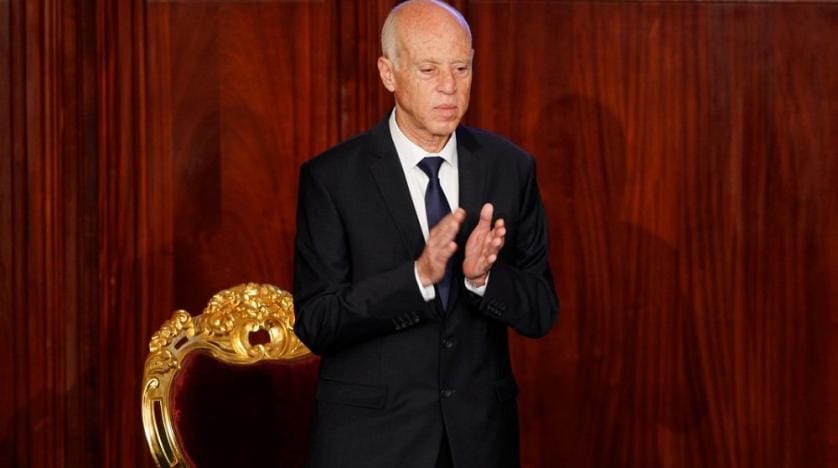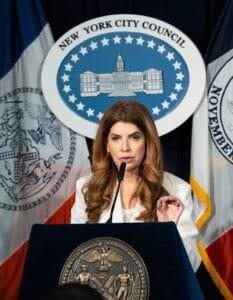Tunisian President discloses plans for govt reshuffle

Tunisian President Kais Saied has revealed that consultations are underway for a government reshuffle.
In a new year address on Thursday, he spoke of “open, but mostly secret maneuvers” by some parties that are seeking to achieve their own interests.
“The political scene in the country has become more complicated amid the quarrels among various parties,” he remarked.
These disputes have impeded efforts to carry out several initiatives and implement several legislations, he noted.
Prime Minister Hichem Mechichi did not disclose details of the expected reshuffle of his technocrat government, which has the main backing of the Ennahda Movement and Heart of Tunisia.
He did however, speak of appointments to fill the vacant positions of ministers of culture and environment. The appointments will be made after a comprehensive assessment of the ministries that are currently headed by acting ministers.
Mechichi’s cabinet is the third to be formed in the country since 2019 elections.
The first government lineup failed to earn the parliament’s vote of confidence back in early 2020. The second government was headed by Elyes Fakhfakh, who resigned in July over corruption allegations. He was succeeded by Mechichi in September as Tunisia is witnessing mounting economic hardship and growing unemployment and poverty.
Separately, member of the Ennahda’s Shura council, Larbi Guesmi, announced he resignation, citing disputes over the movement’s presidency and reform.
Guesmi said leaders of the movement were unphased by the resignation of senior members, adding that the party has been losing popularity and has failed to introduce promised reform.
Instead, the situation has become “more rotten” and tensions and corruption have prevailed, he stated.
Ennahda, he charged, has veered off its “noble goals” and is now experiencing “stifling isolation,” noting that it has allowed figures who have nothing to do with its principles to join.
These figures have usurped the movement and become its decision-makers instead of its “true” members, he lamented.











